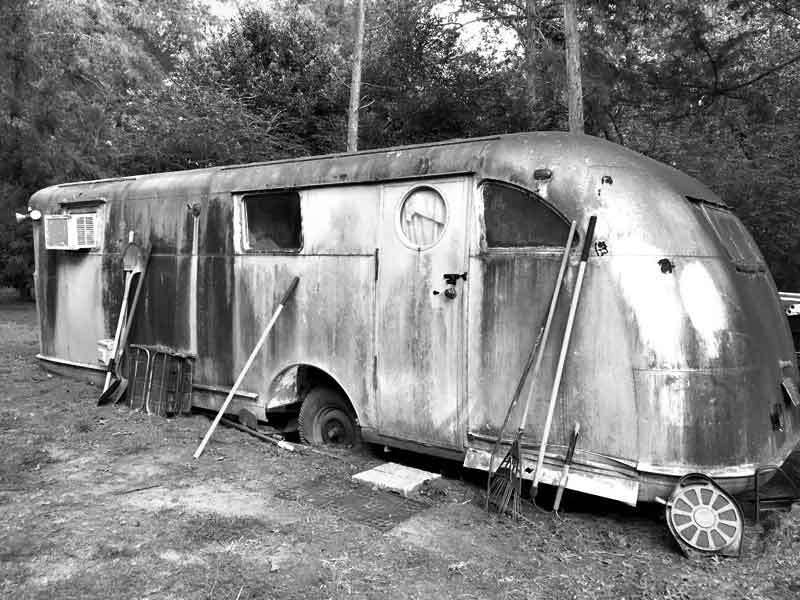There are a lot of valid reasons to purchasing a slightly used RV vs. a brand new model. When it comes to that RV’s holding tanks, however, you might want to take some extra precautions.
A new RV or motor coach can be expensive. We get it. In fact, we’ve been eyeing the brand new Airstream Classic Travel Trailer, but we don’t have $130,000 buried in a Mason jar in the backyard (that we know of!).
Many RV owners like the idea of a new model:
- Everything is fresh and clean
- It’s new to the world, so everything (should) works
- It’s got a factory warranty, so anything that needs to be fixed (almost always) can be
But there are some good reasons to buy used too:
- The cost is a lot lower (thanks to depreciation)
- Any problems have (hopefully) been worked out and fixed
- It’s a great way to try an RV make or model before committing to a brand new one
From our standpoint — your RV’s waste system — there are some things you need to be aware of and plan for.
Just what did you get into?
First, you’re probably inheriting someone else’s problems. Very few RVers properly care for and maintain their RV’s waste systems, including their holding tanks. Sure, there are always exceptions, but for the most part, very few RVers know the proper processes, precautions, and steps to take to keep their RV’s waste handling system in tip-top order and free from problems.
Next, you’re very likely getting the previous owners, well, crap. They may dump regularly and follow the process they been told (by the dealer or other RVers), read about online or in the owner’s manual, or learned over time some other way. We hope that this included regular, professional tank cleanings, otherwise, your new-to-me RV will likely have waste that was someone else’s.
And considering that human waste is technically classified as a biohazard and potentially can harbor harmful bacteria, viruses, and other nasties, you could be asking for trouble without doing anything other than thinking you got a bargain.
So what’s the solution?
Simple. As soon as you’ve bought your “new” RV from its previous owner or an RV dealer, go to AllProWaterFlow.com, and find an authorized dealer in your area. The dealer will be able to assess your holding tanks (many have fiber-optic cameras they can send up into the tanks), perform and thorough cleaning, and talk to you about proper, ongoing care and maintenance.
Buying a used RV can be a good idea. Just be sure you aren’t discovering later that you’ve inherited someone else’s problems.

